Seoul National University
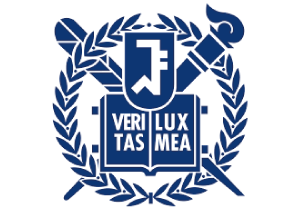
All of the partners universities in the ACE Program are universities that attach great importance to liberal arts education. For Rikkyo University, which is one of Japan’s leading universities, and which has taken liberal arts education as its foundation ever since its founding in 1874, by incorporating the finest liberal arts education in Asia into the undergraduate curriculum through the ACE Program, the university is providing students with the opportunity to grow into “global leaders, with their roots in Asia, working together to build the future,” people who are able to think about the issues affecting the global community from a wide range of different perspectives, and who have the skills needed to develop solutions to these problems.

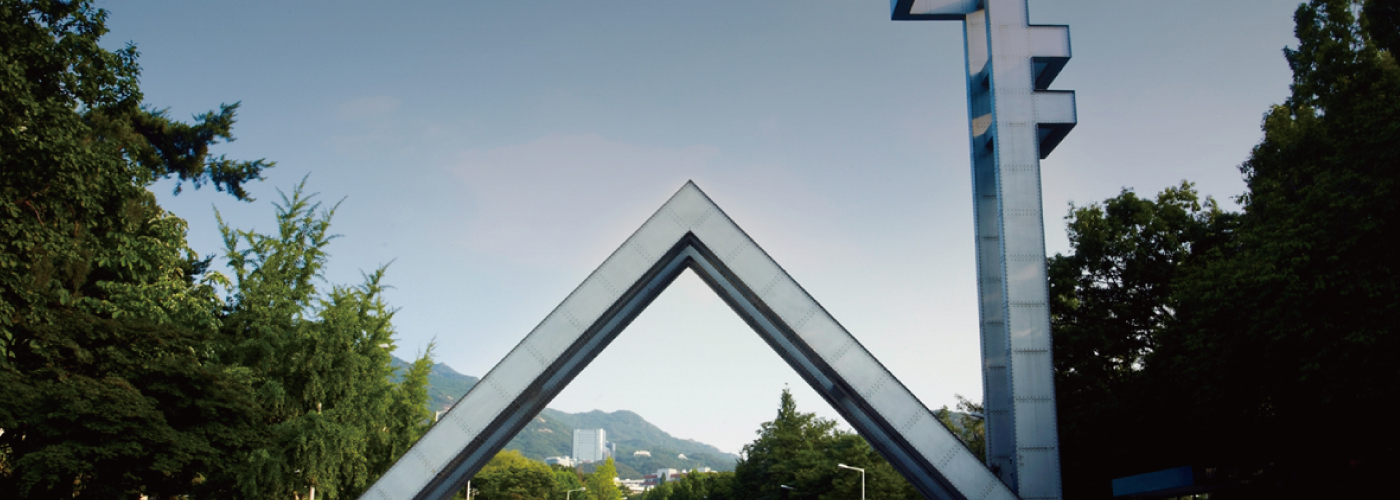
Founded in 1946 through the merger of 10 existing higher education institutes, Seoul National University (SNU) is one of South Korean’s most renowned universities. It has three campuses: the Gwanak campus, which is the main campus, in the southern part of Seoul; the medical studies campus at Yeongeon in the northeast part of Seoul; and the third campus, located at Pyeongchang, where the 2018 Winter Olympics were held, which is 126 km from Seoul. SNU has 15 colleges and 12 graduate schools, and offers a wide range of programs in a wide variety of different fields. There are currently a total of around 28,000 students enrolled with the university’s colleges and graduate schools, and the university has signed partnership agreements and agreements relating to programs for student exchange and overseas study with 259 institutions in 45 different countries. SNU was South Korea’s first National University, and has a long tradition of working for democracy and peace in the Korean Peninsula. It has produced a steady stream of outstanding, highly talented graduates, who have held important positions in government, education, research institutes and the civil service in South Korea. In the 2000s, SNU began implementation of a long-term plan to develop into a research-oriented university that would also achieve strengthened undergraduate-level education. It is already one of the highest-ranking universities in international university rankings, and is globally renowned for its academic excellence. In the QS World University Rankings, SNU was in the Top 100 by 2005, and by 2014 was ranked 31st in the world, making it one of the highest-ranked universities in Asia. Like Rikkyo University, SNU was a founding member of the Alliance of Asian Liberal Arts Universities (AALAU), a group of 26 universities in Asia which aims to further the development of liberal arts education through mutual collaboration.
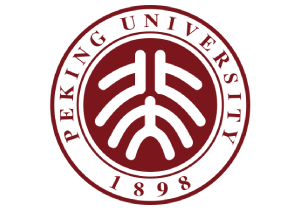
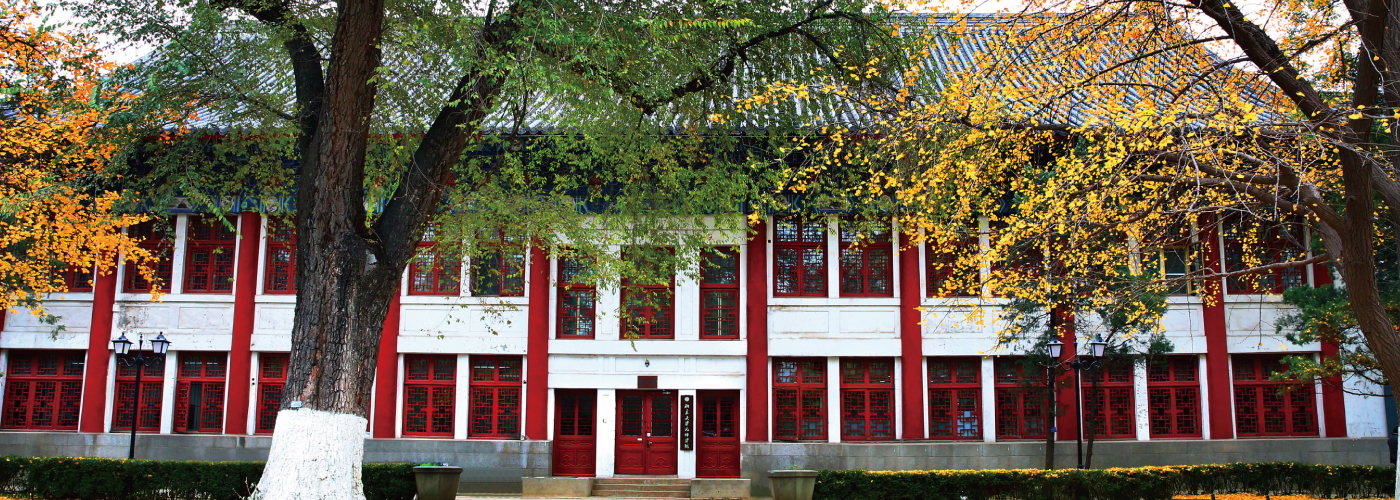
Peking University was China’s first National University. It traces its origins back to the Imperial University of Peking, which was established in 1898. Following the Xinhai Revolution in 1911, it was renamed as the National University of Peking, and in 1949 it was renamed as Peking University, under which name it has become widely known. With this long history, Peking University has won renown as the progenitor of higher education in modern China. Over the course of China’s modernization, Peking University has played a key role as a pathfinder. It was responsible for establishing China’s first colleges of liberal arts, natural science, social sciences, agricultural technology, medicine and engineering, and led the development of the modern education system. Peking University’s Yuanpei College is a member of the AALAU alongside Rikkyo University and Seoul National University, and has played an important role in the development of liberal arts education within the higher education sector in China. Like Rikkyo University’s GLAP, Yuanpei College focuses heavily on liberal arts education, and aims to cultivate human talent that possesses a wide-ranging outlook, and is able to address and solve the complex problems of the modern era.
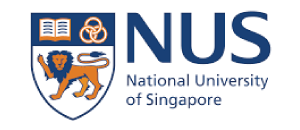
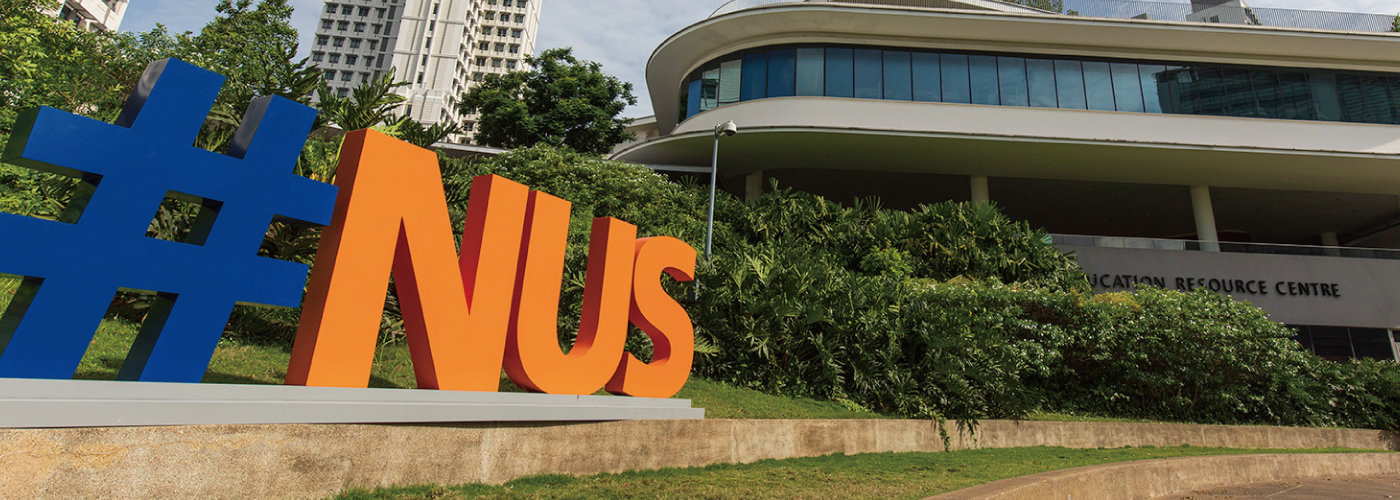
As a world-leading university located in the heart of Asia, National University of Singapore (NUS) maintains an Asian viewpoint and a focus on specialist expertise, undertaking teaching and research from a global perspective. The transformative education provided at NUS features an interdisciplinary curriculum that incorporates special programs that enable students to discover their own potential, along with courses covering a wide range of specialist fields and extensive collaboration across disciplines. With more than 37,000 students from around 100 different countries, NUS forms a community with a richness of diverse social and cultural backgrounds, and a lively, stimulating campus life.
In 2005, Rikkyo University signed an international collaboration agreement with NUS’s Faculty of Arts & Social Sciences, which possesses some of the world’s most outstanding research facilities; through the 2021 academic year, Rikkyo University has sent 16 students to NUS, and hosted 25 students from NUS. The background to the signing of this agreement was a proposal in June 2004 for a student exchange agreement between the Department of Japanese Studies, Faculty of Arts & Social Sciences, NUS, and Rikkyo University. Rikkyo University established a special committee to explore opportunities for collaboration with NUS, and after agreement was reached between the two parties, a collaborative agreement was signed in September 2005 for student exchange and researcher exchange between Rikkyo University and the Faculty of Arts & Social Sciences at NUS. Since the signing of this agreement in 2005, student exchange has continued every year, and in 2007 the first student was received under a new system whereby the Japanese government provided scholarships for overseas students recommended by the university in question. The agreement with NUS has continued to be renewed right up until the present time, and thanks to the maintenance of an excellent relationship with NUS, efforts are being made to expand the collaboration beyond student exchange to include other forms of cooperation, such as participation in the Rikuzen Takata Project.